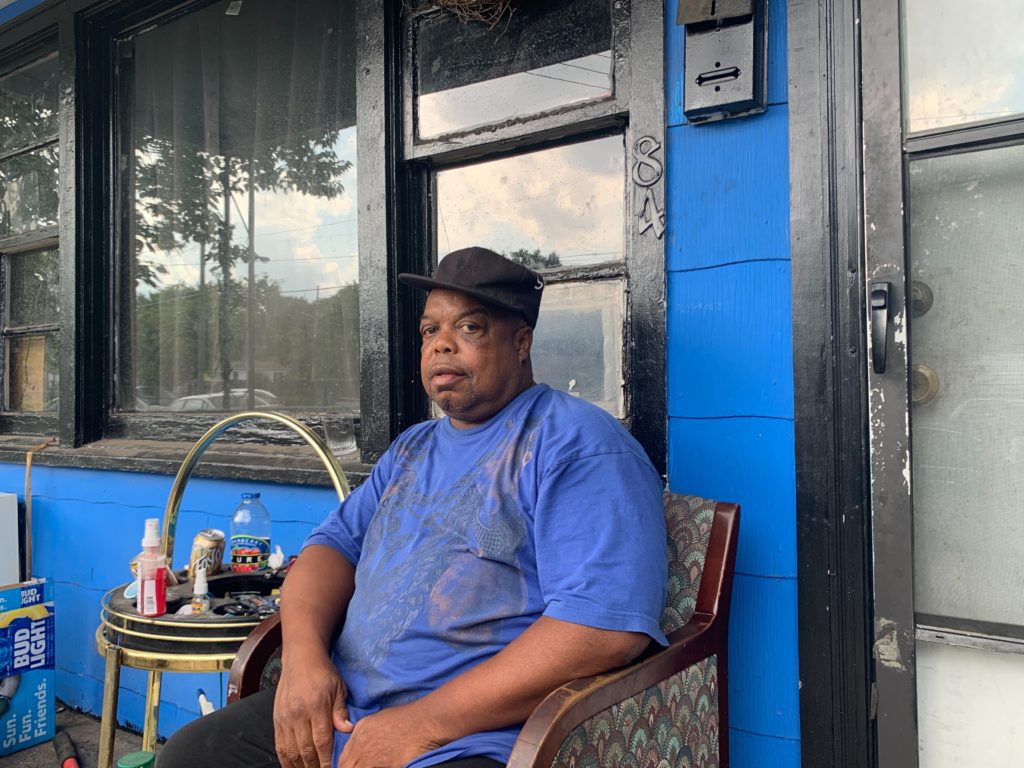
Nearly 40% of Davidson County residents are yet to be counted in the ongoing 2020 Census.
The U.S. Census Bureau is cutting all count efforts a month short, which means Metro Nashville has less than two months to tally as many people as possible if it wants to maximize federal dollars and political representation.
For every person the county doesn’t get counted, it will lose over $1,000 dollars each year for the next decade, according to the city committee that was created to encourage participation.
Response rate trailing neighbors, peers
Like in Nashville, public officials in cities like Austin, Texas; Cincinnati, Ohio; and Charlotte, N.C., all say the pandemic and the expedited deadline are making this year’s count difficult.
Yet each of those cities, and many others, are ahead of Nashville in the census response rate.
Davison County’s rate also lags behind its bordering counties.
- Williamson: 77.2%
- Wilson: 71.8%
- Sumner: 70.0%
- Cheatham: 67.6%
- Robertson: 67.5%
- Rutherford: 67.2%
- Davidson: 61.1%
Another difference: civic spending on the census.
The peer cities that responded to WPLN News put $200,000 to $600,000 toward a more complete count.
The Metro government hasn’t spent any money on census outreach, other than an independent allocation of $24,000 by the Metropolitan Transit Authority. (Those dollars allowed the census to be promoted at bus shelters and benches.)
Otherwise, it has been on partners and private citizens to do the work.
“Being able to do some paid advertisement would’ve been a very good thing. Even paid social media advertising,” says Metro Councilmember Ginny Welsch, who served on the local census committee. “Having a budget would’ve given us a little bit of flexibility.”
Census overlaps with city challenges
It’s been a rough year for Metro and every dollar counts. Nashville neighborhoods are trying to bounce back from the March tornado and the city has been trying to bolster its finances.
The Middle Tennessee Donors Forum, a private group, has fundraised $250,000 for outreach and given it to organizations and institutions like Tennessee State University, TIRRC and Conexión Américas. Some of their work has included canvassing, social media posts and digital and radio ads.
“It just costs money to get the work done,” donors forum Coordinator Kim Carpenter Drake says. “We all know the challenges that the city’s facing right now and has been facing. So, it’s understandable. But at the same time, if there was something that we could’ve done that would’ve had us on a better track for us being fully counted, that would’ve made the difference.”
“In Nashville, the beginning of the census also coincided with one of the worst natural disasters in our city’s history,” mayor’s office Press Secretary Chris Song told WPLN News via email. “We worked closely with our census partners to communicate how our residents, especially our displaced neighbors, should participate.”
He says the mayor’s office hasn’t received any requests for census funding and that “throwing limited taxpayer dollars at an issue does not create or enhance a solution.”
Pandemic alters Metro’s approach
Like in many cities, Mayor John Cooper created a Complete Count Committee. It brings together schools, universities, faith organizations, businesses and other prominent organizations to strategize ways to ensure a city has an accurate count.
That group has seen firsthand how the COVID-19 pandemic has forced Metro to switch up its approach. They’re spreading the word through public service announcements on Cooper’s social media, kiosks in public spaces like Kroger and relying on news outlets to cover the topic.
As part of that, a few weeks ago, a fire truck and ambulance guided a line of decorated cars through one South Nashville neighborhood to remind residents about the census. It was one of the few in-person events the city has been able to do because of the pandemic.
Terry Thompson sat on his porch with friends as the quiet “census parade” rolled down his street.
“This the first time I’ve seen this many people come up and down the street,” he says. “It’s good that they do do it. It helps the community.”

